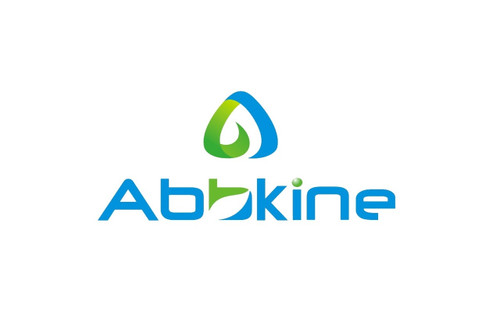Product Description
Mouse Matrilin-2 (MATN2) ELISA Kit | AE58354MO | Abebio
Species Reactivity: Mouse (Mus musculus)
Abbreviation: MATN2
Alternative Name: N/A
Application: ELISA
Range: 0.156-10 ng/mL
Sensitivity: 0.056 ng/mL
Intra-Assay: ≤4.2%
Inter-Assay: ≤7.6%
Recovery: 0, 91
Sample Type: Serum, Plasma, Other biological fluids
Detection Method: Sandwich
Analysis Method : Quantitive
Test Principale: This assay employs a two-site sandwich ELISA to quantitate MATN2 in samples. An antibody specific for MATN2 has been pre-coated onto a microplate. Standards and samples are pipetted into the wells and anyMATN2 present is bound by the immobilized antibody. After removing any unbound substances, a biotin-conjugated antibody specific for MATN2 is added to the wells. After washing, Streptavidin conjugated Horseradish Peroxidase (HRP) is added to the wells. Following a wash to remove any unbound avidin-enzyme reagent, a substrate solution is added to the wells and color develops in proportion to the amount of MATN2 bound in the initial step. The color development is stopped and the intensity of the color is measured.
Product Overview: Matrilin-2 is a member of the von Willebrand factor A domain containing protein family. This family of proteins is thought to be involved in the formation of filamentous networks in the extracellular matrices of various tissues.The specific function of this gene has not yet been determined. Two transcript variants encoding different isoforms have been found for this gene.MATN2 contains 2 VWFA-like domains, 10 EGF-type modules, and an oligomerization module. RT-PCR demonstrated wide expression of MATN2 in human cell lines of fibroblastic or epithelial origin. Two mRNA transcripts were detected which differ from each other in a short region that is unique to matrilin-2; 19 triplets are included or spliced out of the mature mRNA as a result of alternative 3-prime splice site selection.
Stability: The stability of ELISA kit is determined by the loss rate of activity. The loss rate of this kit is less than 5% within the expiration date under appropriate storage condition. The loss rate was determined by accelerated thermal degradation test. Keep the kit at 37°C for 4 and 7 days, and compare O.D.values of the kit kept at 37°C with that of at recommended temperature. (referring from China Biological Products Standard, which was calculated by the Arrhenius equation. For ELISA kit, 4 days storage at 37°C can be considered as 6 months at 2 - 8°C, which means 7 days at 37°C equaling 12 months at 2 - 8°C) .
 Euro
Euro
 USD
USD
 British Pound
British Pound
 NULL
NULL








